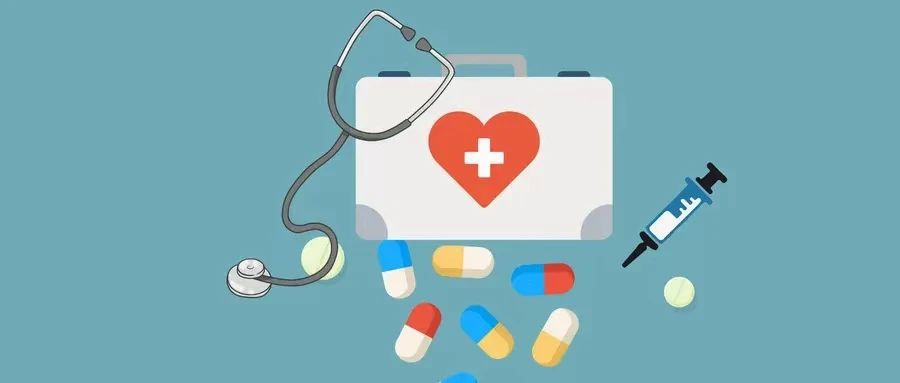Rational use of citicoline sodium tablets
Citicoline sodium tablets are used to treat the sequelae of the nervous system caused by craniocerebral injury or cerebrovascular accident.
The main mechanism is to reduce vascular resistance and improve brain circulation to promote the recovery of nerve function.
Because choline is an important substance in nerve metabolism, it has the function of nourishing nerves and promoting brain nerve recovery.
Although the instructions did not indicate whether it could be taken for a long time, according to the pharmacokinetics, the blood radioactivity dropped to 1/3 of the measured value immediately after administration 30 minutes after administration, basically stabilized within 1-2h, and was about 1/6 of the measured value immediately after administration, and most of it was transferred to urine within 2h.
Among all organs, the early radioactivity of the kidney the highest, it can considered that most of the citicoline administered moved into the urine in its original form and finally excreted from the urine in its original form.
The radioactivity of the lung and liver significantly reduced within 2 hours, and after 2 hours the radioactivity of all organs (except the brain) reduced to 1/2 of the value measured immediately after administration.

It indicates that the drug mainly metabolized by the liver and kidney, after entering the blood, the blood concentration will decrease rapidly, and 10% of the amount will distributed in the liver, and after 2 hours, it will excreted by the kidney with urine, and it will metabolized by the liver and kidney in a short time, if long-term use, it will increase the burden of the liver and kidney, and may also produce drug dependence, so long-term use not recommended.
Some patients with mild symptoms may take citicoline sodium tablets orally for about 3 months,
which can relieve symptoms or even cure, at which time the drug can stopped.
For some patients with more severe symptoms, they can take it for about 6 months according to their condition, and they can stop taking it when their condition improves.
Compared with other organs, citichocholine binds to the brain slowly and in small quantities, and like other nucleotides,
it is more difficult to cross the blood-brain barrier, and it is also slower to exit after crossing the blood-brain barrier.
However, when the brain injured, the absorption of citicoline by the injured brain increases.

It usually taken orally 0.2g once, 3 times a day, with warm water.
The dosage prescribed by the doctor should strictly followed,
and it not allowed to increase or decrease the drug without authorization.
Adverse reactions are rare, mild and short in duration.
Other adverse reactions (incidence unknown),
Immune system: rash (in which case medication should stopped),
Mental/nervous system: insomnia, onset or enhancement of numbness in paralyzed limbs (for stroke hemiplegia), headache, dizziness, excitement,
Gastrointestinal system: nausea, loss of appetite,
Hepatobiliary system: abnormal liver function, eye: temporary diplopia,
Others: fever, transient blood pressure changes, discomfort.
Severe adverse reactions may occur in shock (rate unknown) Carefully observe the patient and if abnormal conditions such as low blood pressure,
chest tightness, or dyspnea found, medication should discontinued and appropriate measures taken.
Do not take this product in combination with drugs containing chlorester.
For example: Meclofenoxate hydrochloride capsule, combined use will lead to central nervous system disorders,
the treatment of patients with palsy tremor, should not used with levodopa, otherwise it will cause muscle rigidity,
it should not used with pramipexole tablets, may also lead to central nervous disorders, and then induce other diseases.
At present, there is no data on the use of pregnant and lactating women. For safety reasons, pregnant and lactating women should avoid the use of citicoline sodium tablets. Allergy to any ingredient in this product prohibited.




